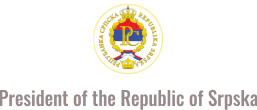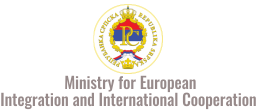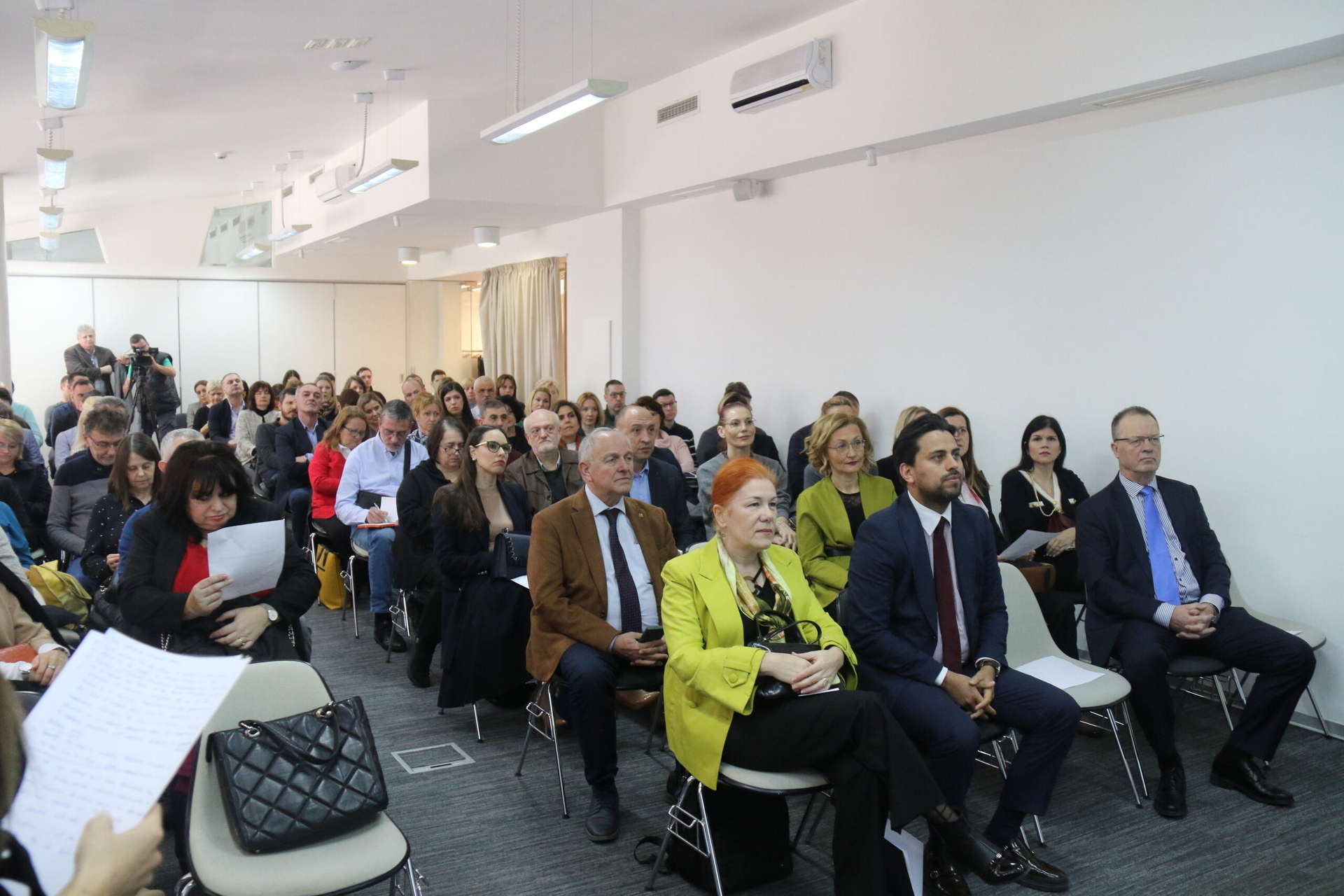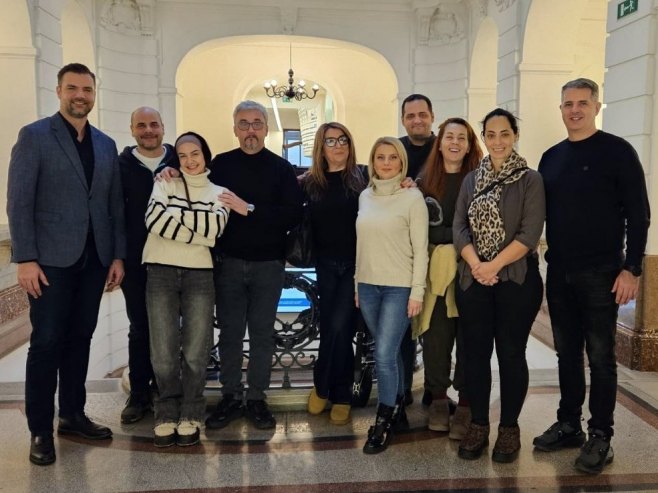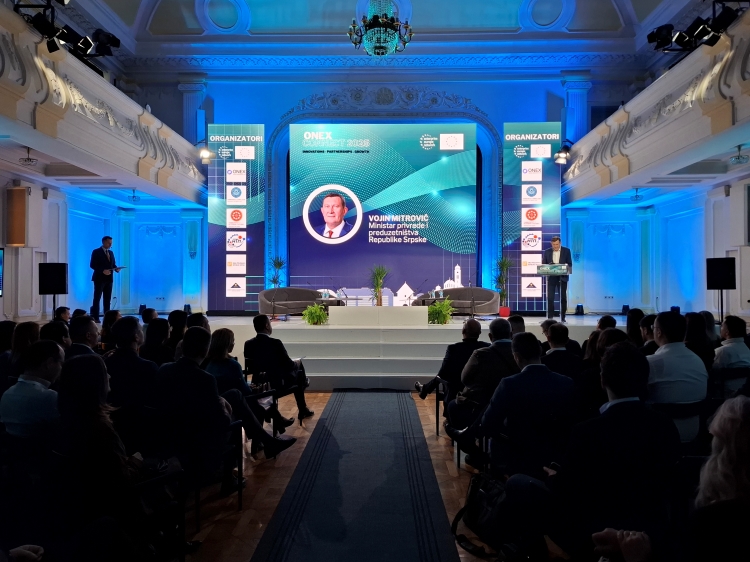Building Better Science forum on the evaluation of scientific and research institutions was recently held in Belgrade in collaboration of the Ministry of Science, Technological Development and Innovation and the Institute of Economic Sciences.
The forum was organized in order to learn about the experiences of other developed countries, but also to consider the possibility of applying positive measures from practice in the Republic of Serbia.
The State Secretary of the Ministry of Science, Technological Development and Innovation Vukašin Grozdić spoke at the Forum and expressed satisfaction that this topic was being discussed and that there was great interest among the professional public.
We took the opportunity to ask Grozdić about the involvement of our numerous scientists in the diaspora in scientific research in Serbia.
‘We are not saying here that all should return, we are talking about circular migrations and a connection, especially in science, which need not be linked to a physical stay in one place. That is why it means a lot to us to have our scientific, academic ambassadors at various higher education institutions, faculties and institutes, who can be the points for our young scientists to come to, primarily doctoral students, but also experienced researchers able to work on the most recent topics on state-of-the-art equipment around the world,’ says Vukašin Grozdić, State Secretary of the Ministry of Science, Technological Development and Innovation.
Another organization that can do a lot to connect scientists from the diaspora and the motherland is the Science Fund of the Republic of Serbia.
‘The Science Fund is the youngest institution within the science system, but in the previous period it proved to be one of the most agile institutions that implemented a number of calls, and one of the important calls in the previous period, which unfortunately did not resonate enough due to the coronavirus, is the issue of cooperation with the diaspora. In this connection, also this year, we issued a new call open until the end of March for all those interested to apply, which serves to connect researchers from Serbia with those abroad,’ said the State Secretary of the Ministry of Science, Technological Development and Innovation.
A good example of cooperation between the motherland and the scientific diaspora is the Institute of Economic Sciences.
‘Our institute is known for often being the place from where researchers went abroad to work at prestigious institutions. This makes it easier for us to maintain cooperation with them, as we maintain a large and intensive cooperation with all our researchers who used to work with us and are now abroad. On the other hand, we also connect with researchers who have been abroad for a long time and establish and maintain this cooperation through several mechanisms. One of the main mechanisms are joint scientific conferences we organize with the institutions employing our diaspora,’ says Jovan Zubović, PhD, director of the Institute of Economic Sciences.
The conversation with our interlocutors leaves us convinced that the cooperation between our scientific diaspora and scientific institutions in the country has great potential and could expand significantly in the time ahead.
Source: Radio Television of Serbia
Photo: Ministry of Science, Technological Development and Innovation
